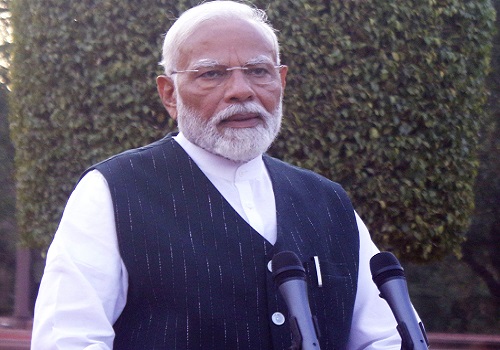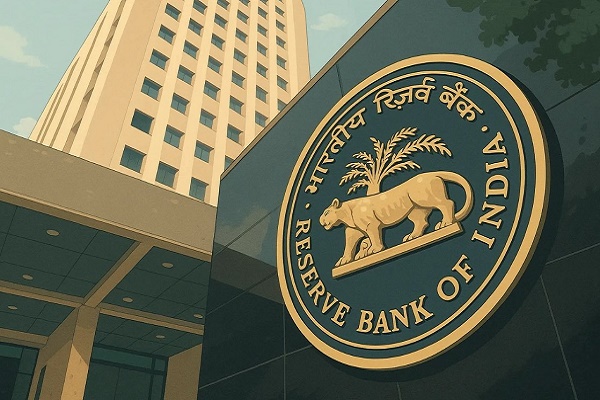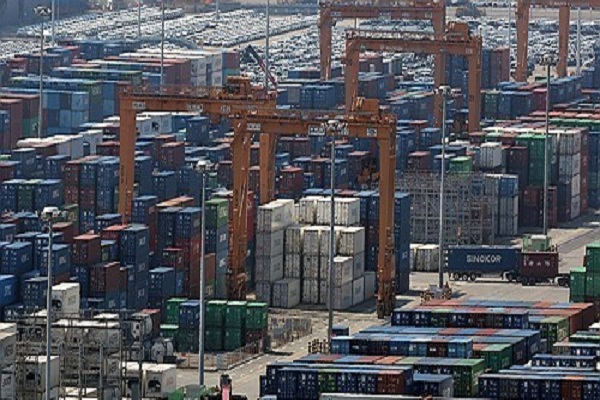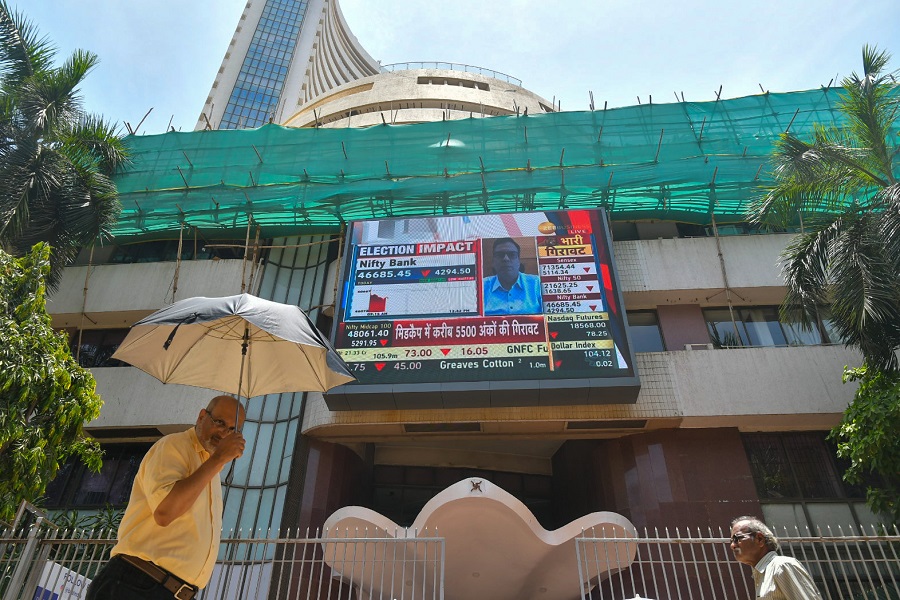Soybean Market Faces Bearish Trends and Lower Arrivals by Amit Gupta, Kedia Advisory
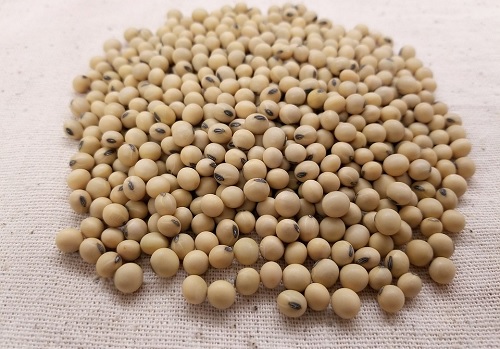
Soybean arrivals have declined by 15% in the first two months of the 2024-25 oil year, as growers withhold produce anticipating better prices. Prices have been bearish, trading below the minimum support price of Rs.4,892 per quintal, at around Rs.4,200. The muted demand for soymeal, both domestically and internationally, coupled with higher global soybean supplies, has put downward pressure on prices. Lower arrivals have also resulted in reduced crushing volumes and soymeal production.
Key Highlights
* Soybean arrivals have dropped 15% in Oct-Nov 2024-25.
* Prices are currently below the minimum support price (MSP) at Rs.4,200 per quintal.
* Soymeal exports are down 37% compared to the same period last year.
* Soybean production for 2024-25 is estimated at 125.82 lakh tonnes, up from last year’s 118.74 lakh tonnes.
* Crushing volumes are 17% lower, leading to reduced soymeal production.
Soybean arrivals during October and November of the 2024-25 oil year have seen a notable 15% decline compared to the same period last year, reflecting growers' reluctance to sell at current bearish prices. Prices have been trading significantly below the minimum support price (MSP) of Rs.4,892 per quintal, hovering around Rs.4,200. This decline is attributed to subdued demand for soymeal, both domestically and internationally. The muted overseas and domestic consumption has further impacted prices, as global soybean supplies remain abundant, pressuring prices downward.
Supporting these price trends, the latest estimates from the Soybean Processors Association of India (SOPA) show that crushing volumes are down 17%, with production at 19.5 lakh tonnes for Oct-Nov 2024-25, compared to last year’s 23.50 lakh tonnes. Furthermore, soymeal production has also declined by 17%, reflecting the reduced output at 15.39 lakh tonnes, compared to 18.54 lakh tonnes in the previous year. Domestic and overseas soymeal exports have been sluggish, with export volumes decreasing by 37%, and domestic off-take falling by 11.5%, compared to last year.
Other contributing factors include higher carryover stocks of 101.29 lakh tonnes and a reduction in soybean imports to 3 lakh tonnes, from 6.25 lakh tonnes in the previous year. The weaker demand scenario is likely to sustain the bearish outlook for soybean prices in the near term, until demand and consumption stabilize.
Finally
Soybean prices remain under pressure due to muted demand for soymeal and higher global supplies, leading to lower arrivals and reduced crushing volumes.
Above views are of the author and not of the website kindly read disclaimer

